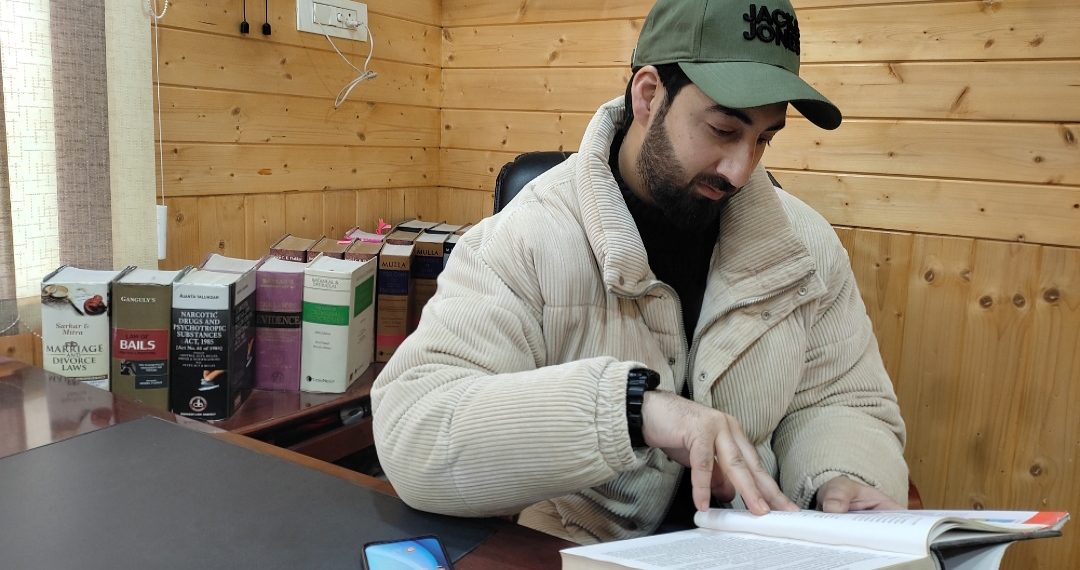BY: ADV. SYED JUNAID SADAAT
CHAIRMAN WHITE GLOBE
Education is a basic human right in today’s times. It is the cornerstone of personal and societal development. It is a lifelong journey that encompasses formal and informal learning experiences, shaping individuals intellectually, emotionally, and socially. Educational institutes provide us with essential knowledge, critical thinking skills, and the ability to engage with the world around us. Beyond academic pursuits, education nurtures character, instills values, and promotes responsibilities as citizens. Moreover, education is a powerful equalizer as it breaks down barriers and offers opportunities for individuals to overcome socio-economic challenges. But not everyone has complete access to this education due to financial issues or physical and mental disabilities. Students with disabilities often get bullied at institutes for studying in mainstream institutes. Despite the fact that there are separate schools for the specially abled, they have every right to participate in and take benefit from quality education within mainstream schools and classrooms. Separation of the specially abled students from other students creates a space for discrimination and a toxic environment. This is where implementing inclusive education can really help. What is Inclusive Education?
Inclusive education is an educational approach that emphasizes on providing equal opportunities for all students, regardless of their abilities, disabilities, or differences. The goal of inclusive education is to ensure that every learner, including those with special needs or disabilities, can participate in and benefit from quality education within regular schools and classrooms. The major benefits of Inclusive Education are diversity, individuality and equal opportunities. Within such conditions students recognize and celebrate the diversity and acknowledge that each individual has unique strengths, abilities, and learning styles. This ensures that all students have the same opportunities to access and participate in the curriculum, extracurricular activities, and other aspects of school life. By collaborations among educators, support staff, and specialists will create a cooperative and inclusive learning environment. These collaborations should involve creating individualized education plans (IEPs) for students with special needs. Also keeping in view the special needs for physically challenged students, institutes should modify physical spaces, teaching materials, and instructional methods to make them accessible to all students, regardless of their physical or cognitive abilities. By providing appropriate support services, such as special education teachers, aides, and therapists, students with special needs will succeed academically and socially.
Inclusive education encourages positive social interactions among students, fostering a sense of belonging, and reducing stigmatization or discrimination based on differences.
Inclusive education is seen as a human rights issue, emphasizing that every individual, regardless of their abilities or disabilities, has the right to education in an inclusive setting. By instilling the idea that differences are assets to be valued and respected, inclusive education not only equips students for the challenges of living and working in a diverse world but also contributes to the cultivation of a more harmonious and inclusive societal fabric.


